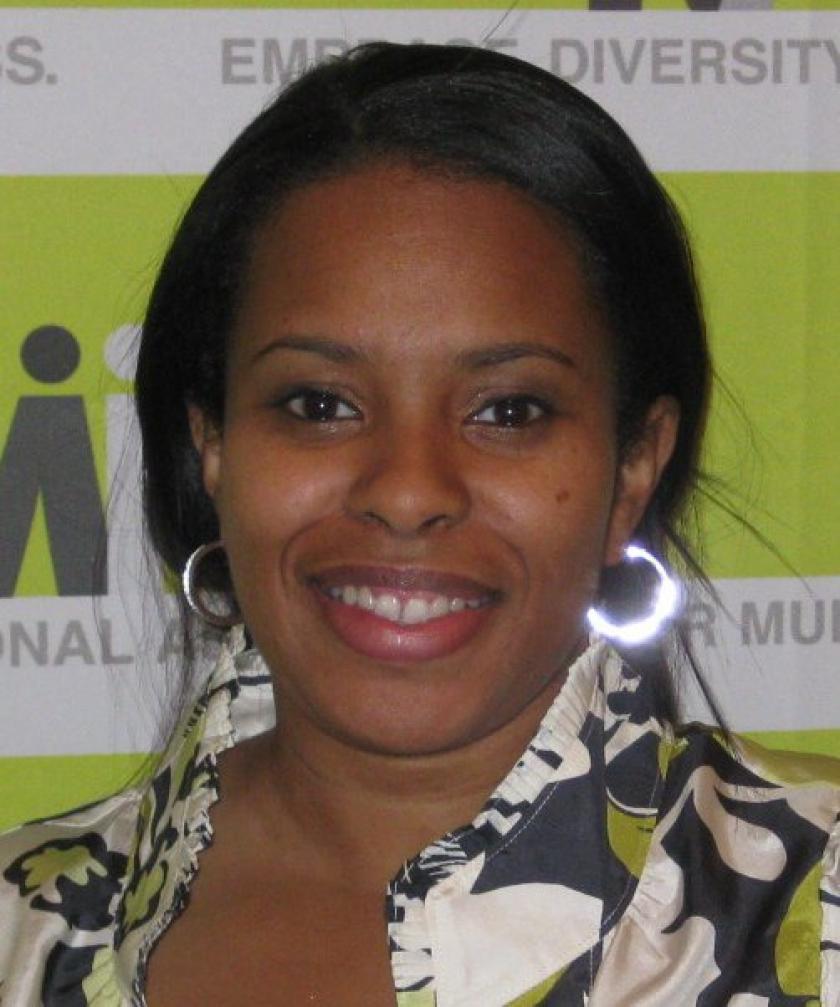
Krystal Cooper is pursuing her interests in digital humanities, analytics, and archiving as a master’s student at GSLIS and as a graduate assistant with the Center for Informatics Research in Science and Scholarship (CIRSS). She also is broadening her educational scope through participation in scholars programs of two multidisciplinary organizations, and this month she participated in the Computing Research Association: Women’s 2016 Grad Cohort Workshop, the goal of which is to prepare female graduate students for leadership roles in fields related to computing through mentoring and community building.
Why did you decide to pursue an LIS degree?
I decided to pursue an LIS degree after a suggestion by the head of special collections at my undergraduate university. My background is in media and cultural studies and computer science. She suggested that this combination would make a great foundation for getting a master’s degree in LIS. I’ve worked in different data centers and digital repositories, so pursuing a master’s seemed like the next natural step in my academic professional development.
Why did you choose GSLIS?
I did a bit of research about GSLIS, but my decision was cemented after I was invited to attend a GSLIS event at the Joint Conference of Librarians of Color. I had the opportunity to speak to a really good mix of faculty, graduate students, and staff. It was a great experience, and I felt that Illinois would be the best place to get my master’s degree. Everyone was very approachable and answered all of my questions about the program, classes, campus life in general, and the kind of research GSLIS produces.
What particular LIS topics interest you most?
There are so many to choose from. LIS is really a hidden treasure of hot topics. I’ve been following digital humanities, analytics, and archiving.
What do you do outside of class?
I participate in the XSEDE (Extreme Science and Engineering Discovery Environment) Scholars program and HASTAC (Humanities, Arts, Science, and Technology Alliance and Collaboratory) Scholars program. I’m also a graduate assistant in CIRSS.
I would like to see more diversity in LIS, and I try to change that by volunteering in the community at science, technology, engineering, and mathematics (STEM) programs. When I’m not doing that, I love to travel, and I make a point of trying to visit new international libraries. This year, I've visited libraries in Amsterdam, Belgium, Beijing, and Milan.
What career plans or goals do you have?
I’m in the process of applying to doctoral programs, and I would really like to do LIS research using virtual and augmented reality. The application of that technology in LIS, education, and STEM fields is really shaping the way we will be teaching and learning in the future.